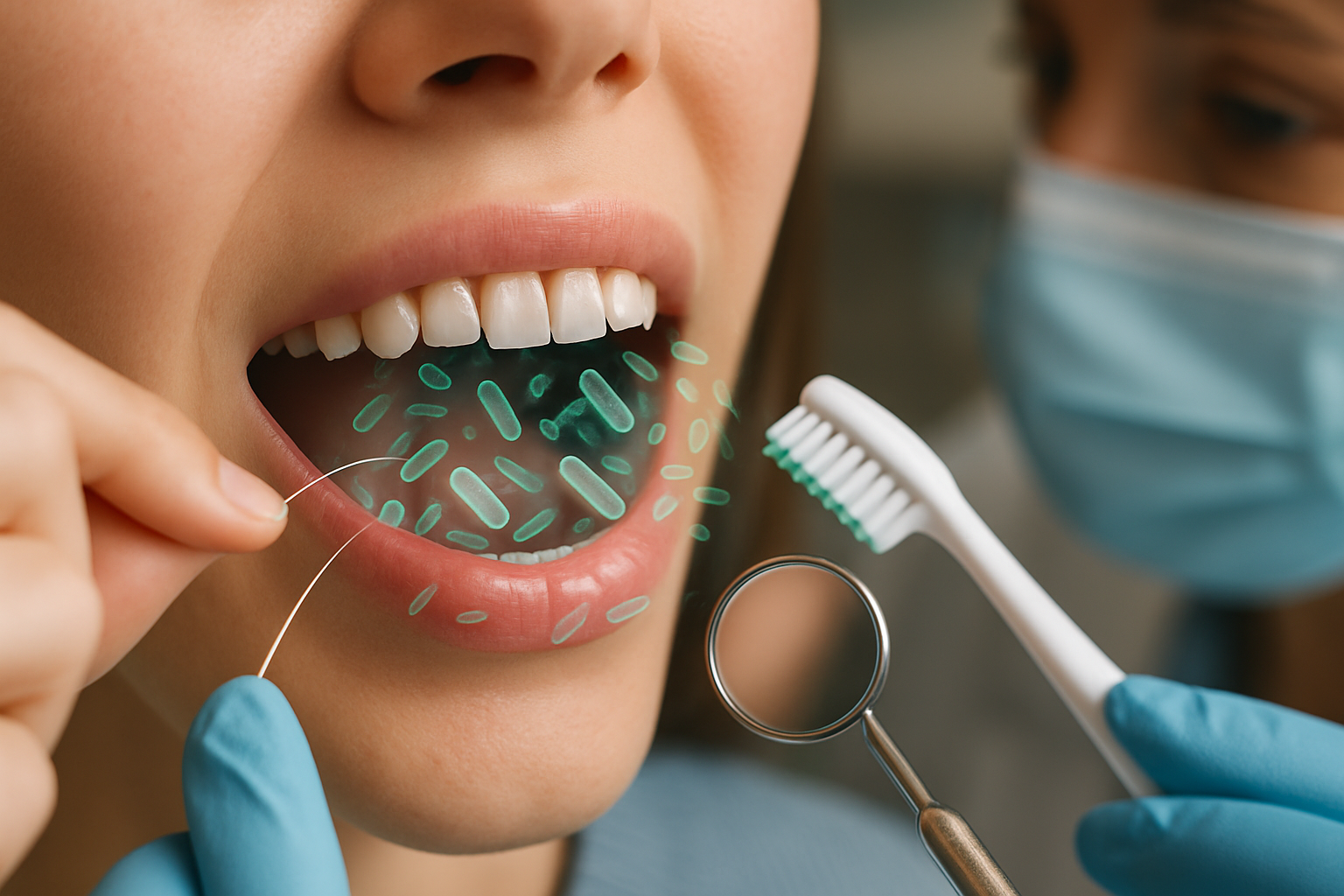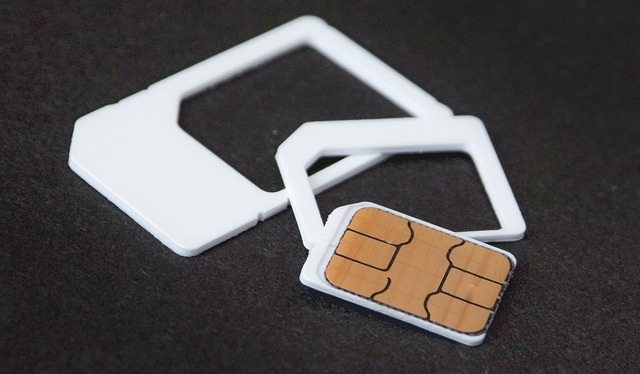Understanding Dental Care in Older Adults: Coverage, Exams, Cleanings and Maintenance Tips
Dental care needs change significantly as we age, requiring unique considerations and approaches to maintain oral health. For older adults, dental care becomes increasingly important as it connects directly to overall health and quality of life. Age-related conditions like dry mouth, gum recession, and medication side effects can impact dental health, making regular professional care and proper home maintenance essential. This comprehensive guide explores the specific dental care requirements for seniors, including coverage options, recommended examination schedules, professional cleanings, and daily maintenance strategies.

How Dental Care Needs Change with Age
As we age, our dental care requirements evolve significantly. The natural aging process brings physiological changes that affect oral health—enamel becomes more brittle, gums may recede exposing sensitive roots, and decades of use can lead to natural wear patterns on teeth. Many older adults also experience reduced saliva production, either due to age itself or as a side effect of medications, which increases cavity risk since saliva helps neutralize acids and wash away food particles. Additionally, manual dexterity challenges may make thorough brushing and flossing more difficult. When we compare dental care for all ages, seniors require more frequent professional monitoring, specialized home care products, and often face more complex dental issues requiring intervention.
Understanding Dental Insurance and Coverage Options for Seniors
Navigating dental coverage in later life can be challenging, especially since Medicare does not typically cover routine dental care. Original Medicare (Parts A and B) only covers dental services that are an integral part of a covered medical procedure, such as jaw reconstruction following an injury. For comprehensive dental coverage, seniors have several options: Medicare Advantage (Part C) plans sometimes include dental benefits; standalone dental insurance policies designed for seniors; dental discount plans that offer reduced fees at participating providers; and in some cases, Medicaid programs that may provide limited dental coverage for low-income seniors. Each option varies significantly in terms of monthly premiums, annual maximums, waiting periods, and covered services.
Essential Dental Checkups and Examinations for Older Adults
Regular dental checkups become increasingly crucial as we age. For most older adults, dental professionals recommend examinations every six months, though those with specific conditions like diabetes, dry mouth, or a history of gum disease may need quarterly visits. During these dental checkups, dentists perform comprehensive assessments that go beyond looking for cavities—they monitor for signs of gum disease, check existing dental work, screen for oral cancer (especially important as risk increases with age), and evaluate how well dentures or other prosthetics are functioning. These routine examinations allow for early detection of problems, which typically means simpler, less invasive, and less expensive treatments.
Professional Cleanings and Treatments Common for Seniors
Professional dental cleanings help maintain oral health by removing plaque and tartar buildup that regular brushing cannot address. For seniors, standard cleanings (prophylaxis) may be recommended every 3-6 months rather than the typical twice-yearly schedule for younger adults. Many older adults require deeper cleanings called scaling and root planing to address gum disease below the gumline. Other common dental treatments for seniors include fluoride applications to strengthen enamel and prevent root cavities, desensitizing treatments for exposed roots, and restoration work such as fillings, crowns, and bridges to repair damaged teeth. For those with significant tooth loss, dentures or dental implants may be necessary to restore function and appearance.
Daily Dental Maintenance Tips Specific to Older Adults
Effective daily dental maintenance requires adaptation as we age. For seniors, dental hygienists often recommend electric toothbrushes, which require less manual dexterity while providing thorough cleaning. Water flossers present an excellent alternative for those who struggle with traditional flossing techniques. Specialized toothpastes containing higher fluoride concentrations help combat root sensitivity and decay. For dry mouth sufferers, rinsing with alcohol-free mouthwashes, staying hydrated, and using OTC saliva substitutes can provide relief and protection. Denture wearers need specific care routines, including daily cleaning with appropriate cleansers and removing dentures at night to allow gum tissues to rest. These daily dental maintenance practices help preserve natural teeth longer and maintain overall oral health.
Comparing Dental Treatment Costs and Coverage Options for Seniors
Understanding the financial aspects of dental care is crucial for seniors on fixed incomes. Dental treatments and costs vary significantly based on procedure complexity, geographic location, and provider expertise.
| Treatment Type | Average Cost Without Insurance | Typical Insurance Coverage | Out-of-Pocket with Coverage |
|---|---|---|---|
| Routine Exam & Cleaning | £75-£150 | 80-100% | £0-£30 |
| Full Set of X-Rays | £100-£200 | 50-80% | £20-£100 |
| Filling (composite) | £90-£250 per tooth | 50-80% | £18-£125 |
| Crown | £500-£1,500 per tooth | 50% | £250-£750 |
| Root Canal | £400-£1,200 | 50% | £200-£600 |
| Full Dentures (upper and lower) | £1,000-£3,000 | 50% | £500-£1,500 |
| Dental Implant (single) | £1,500-£3,500 | 0-50% | £750-£3,500 |
Prices, rates, or cost estimates mentioned in this article are based on the latest available information but may change over time. Independent research is advised before making financial decisions.
Most dental insurance plans for seniors feature annual coverage limits between £1,000-£2,000, which may be quickly exhausted with extensive treatment. Dental discount plans typically offer 10-60% savings with no annual maximum but require using in-network providers. Some community health centers and dental schools offer reduced-cost care for seniors with limited financial resources.
Maintaining Good Oral-Systemic Health Connections
The connection between oral health and overall well-being becomes increasingly important with age. Poor dental health has been linked to serious conditions including heart disease, diabetes complications, respiratory infections, and even cognitive decline. Regular dental maintenance helps monitor and manage these connections. Dentists often collaborate with physicians to address medication-induced dry mouth, adjust dental care for patients with chronic health conditions, and ensure dental treatments won’t interfere with existing medical therapies. For seniors taking blood thinners, antibiotic premedication before dental procedures, or special precautions during extractions and surgeries may be necessary. This integrated approach to healthcare helps maintain quality of life and prevents complications across multiple body systems.
This article is for informational purposes only and should not be considered medical advice. Please consult a qualified healthcare professional for personalized guidance and treatment.




